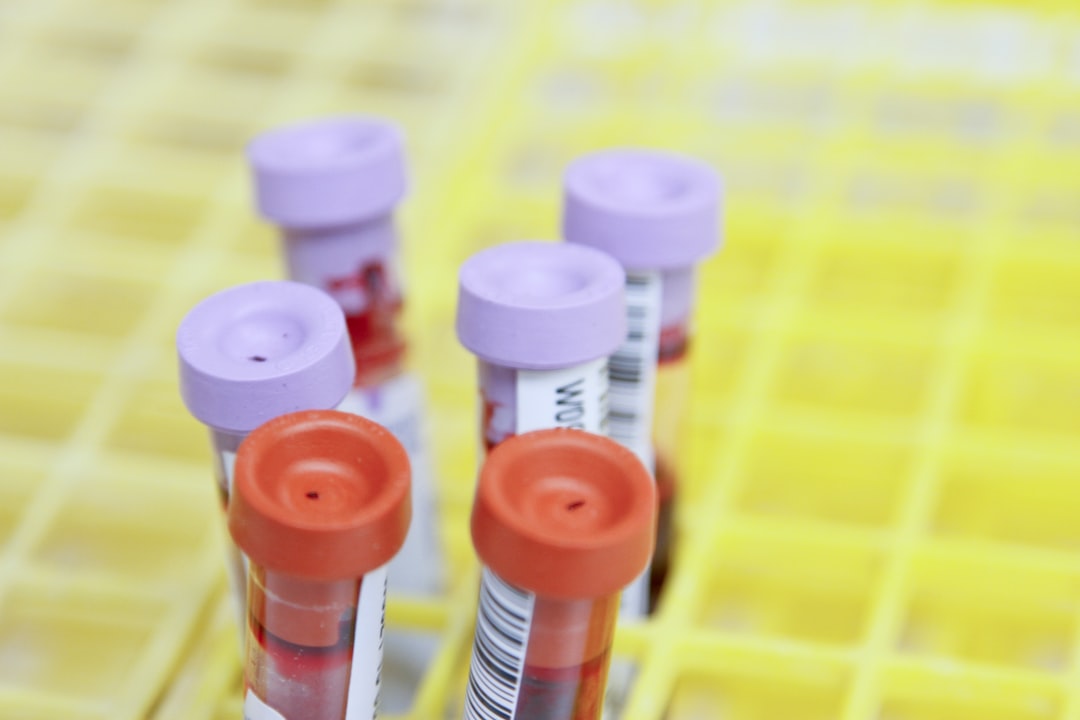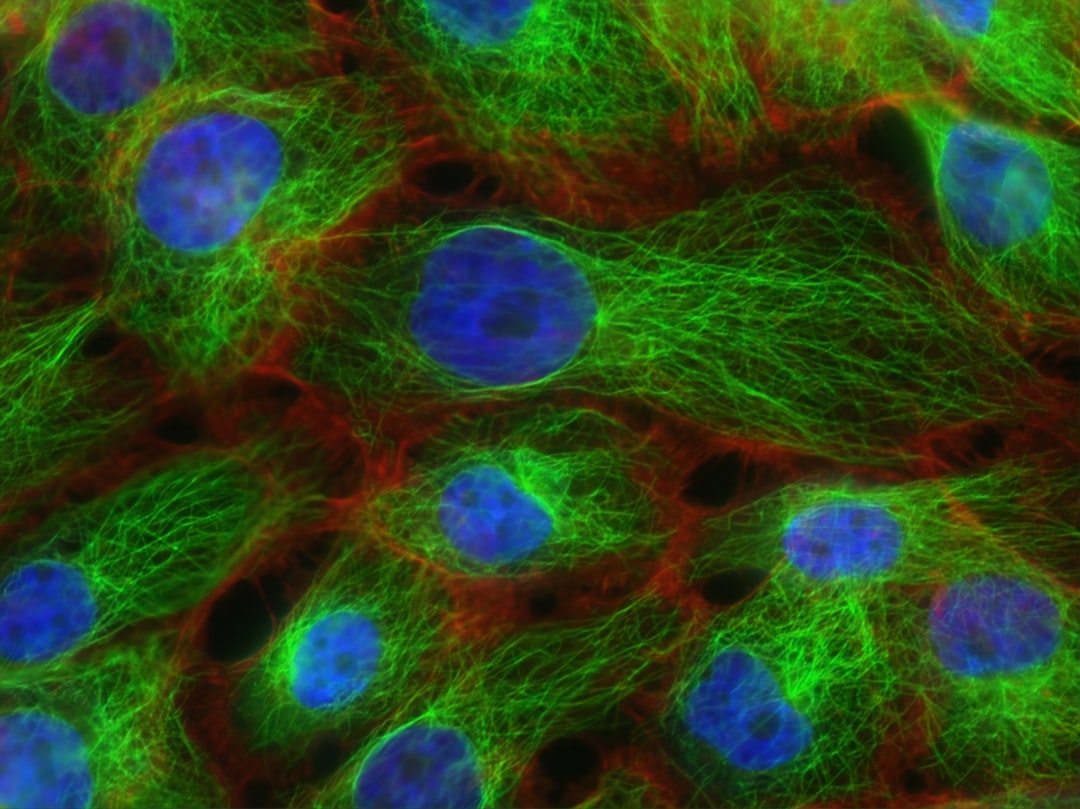What is it about?
Malaria is caused by a parasite of the Plasmodium genus, the most destructive to human health being Plasmodium falciparum. Unlike the viruses or bacteria we may be familiar with as disease-causing organisms, malaria is actually a so-called "eukaryote" i.e. it belongs to the same group of organisms plants and animals (including of course, humans). Ways to treat or prevent the disease are constantly being investigated. In our work we looked at interesting organelle inside the malarial cell (malaria is a single-celled parasite). An organelle is a structure within a cell that carries out a specific function. Malarial cells have an unusual organelle not found in many other organisms, called an apicoplast which is needed for the cell to survive. In evolutionary history, before becoming part of the malarial eukaryotic cell, the apicoplast was a free-living bacteria and actually retains bacterial features including an enzyme called DNA gyrase which is not usually found in most eukaryotes including humans. DNA gyrase is a well known target in bacteria for antibacterial drugs winch very effectively kill them. This raises the question of whether DNA gyrase in Plasmodium species may also be an effective drug target. To answer this we produced part of Plasmodium gyrase and used it to screen for small molecules which could negatively effect the enzyme with high specificity. We identified purpurogallin, a natural product found in some plants as one such potential compound.
Featured Image

Photo by Егор Камелев on Unsplash
Why is it important?
Malaria remains a huge burden on health across the world and truly effective treatments are still lacking. Even if good vaccines are developed resistance may always be a problem meaning that new possible targets and drugs should be continuously developed. By investigating DNA gyrase as an underutilized therapeutic target we hope to find potential new inhibitors that could eventually lead to useful treatments. In our case we found a gyrase inhibitor that seemed to show specificity of the malarial gyrase over the bacterial gyrase. This is important as treating malaria with antibacterials could of course lead to an increase in the incidence of drug-resistant bacteria, itself an ever-growing threat.
Perspectives
It took us a long time to get this result not least because proteins from malaria are often very difficult to produce.
Professor Jonathan Gardiner Heddle
Jagiellonian University
Read the Original
This page is a summary of: Inhibitory compounds targeting
Plasmodium falciparum
Gyrase B, Antimicrobial Agents and Chemotherapy, August 2021, ASM Journals,
DOI: 10.1128/aac.00267-21.
You can read the full text:
Resources
Contributors
The following have contributed to this page










